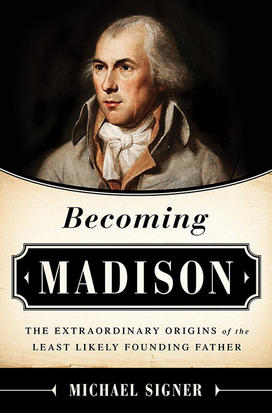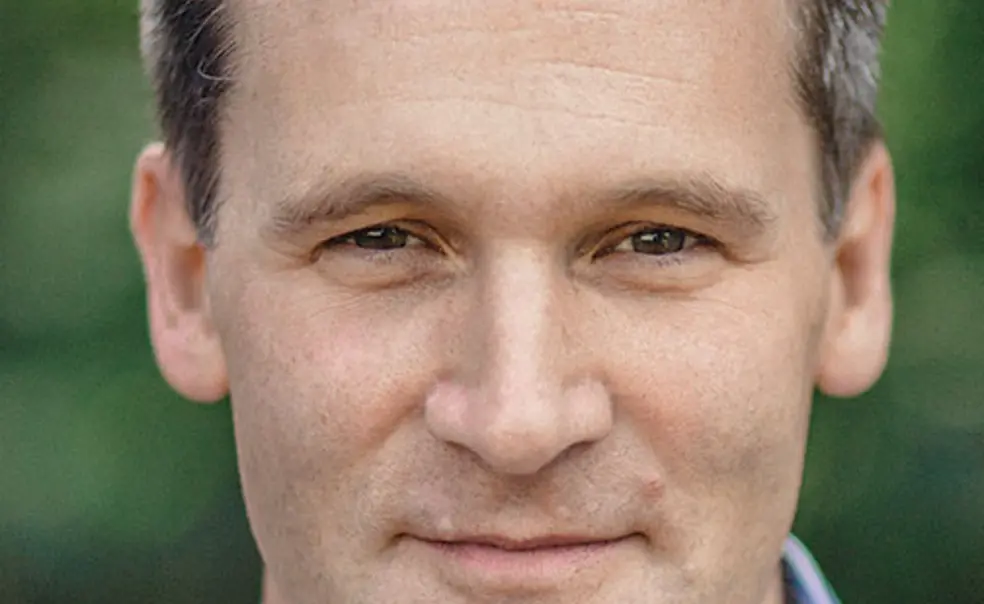As a native Virginian, Michael Signer ’95 had grown tired of hearing about Thomas Jefferson. “Like a lot of Virginians, I felt beaten over the head by Jefferson all the time,” says Signer. He was more interested in James Madison 1771, who “seemed like the underdog to me,” he says.

The underdog was ripe for re-evaluation. Madison often has been portrayed as brilliant but lacking humor and warmth, but Signer’s research suggested otherwise: “Instead of being this automaton,” says Signer, “he was much more like lava underground, [full of] volcanic urges and drives.”
In his new biography, Becoming Madison: The Extraordinary Origins of the Least Likely Founding Father, Signer focuses on Madison’s early life, especially the period leading up to his showdown over ratifying the Constitution with fellow founding father Patrick Henry at Virginia’s constitutional convention of 1788. Though only 37 years old in that momentous year, Madison was a veteran of battles over states’ rights, religious freedom, and taxation. He was an unlikely combatant, standing just 5 feet 4 inches and weighing 100 pounds (our smallest president) and suffering mysterious debilitating fits that made public speaking an ordeal and often left him helpless for days at a time. Signer makes a convincing case that the fits were panic attacks.
What he’s reading: Bloodlands, by Timothy Snyder. “This is a searing explanation of the staggering bloodshed in the World War II years that reveals not only the evil at work, but regimes’ brutal decisions about food and agriculture that led to the starvation and murder of millions. It’s not uplifting, but it is illuminating.”
How did Madison turn himself into a statesman? By preparing more thoroughly than anyone else, says Signer, and devising a way to control his panic attacks: “He learned to govern his own passions the same way he taught the nation to govern itself.”
The system Madison left us is a model of caution and balance, built around the goal of stopping any single group from becoming too powerful. Unlike Henry, his life’s adversary, who had no qualms about appealing to people’s baser passions, Madison was determined to win the debate using only reason and fact. “You want these powerful passions coursing through the body politic,” Signer says. “But you also need to be mastering them toward the common good.”













No responses yet